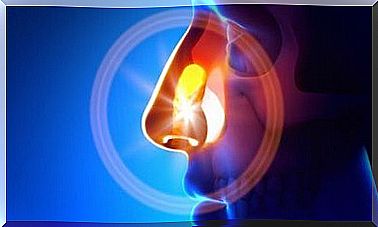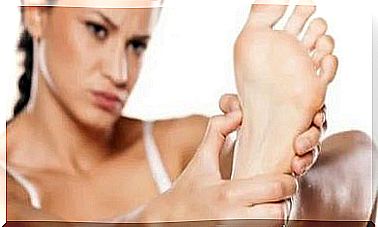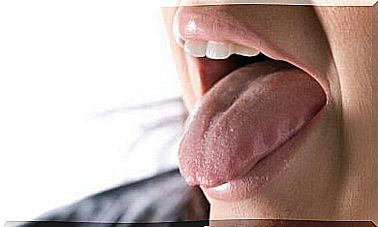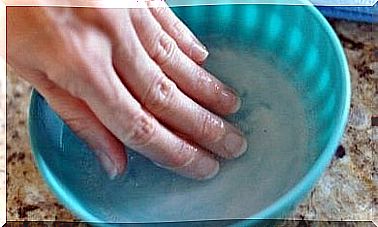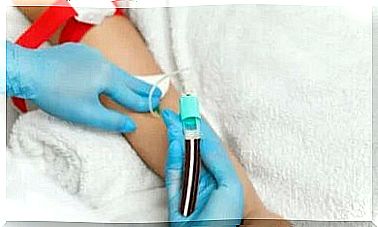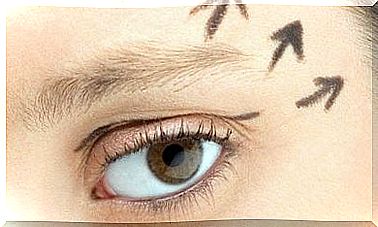Vitamin Deficiency: Unusual Signs
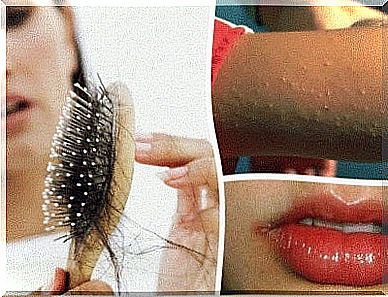
Vitamin deficiency can be noticed very easily if you pay attention to the signals provided by the body.
The body sends you signals that indicate various problems internally, just as the car does when it is broken. You need to pay attention to all these signs to make the necessary “repairs” before it’s too late. In this article we present the signs that indicate a vitamin deficiency, but also the specific signals of each vitamin.
Nowadays it is difficult to include in your daily diet all the vitamins needed by the body. The fact that you are on a diet and not eating enough can be one of the reasons why the level of vitamins in the body is low.
What happens when vitamin intake is reduced?
According to doctors, a deficiency of vitamins does not cause any disease directly, but can lead to their appearance. This means that the body will “struggle” to function normally.
Vitamins act as catalysts for all reactions in the body. When the stock of vitamins is depleted, the body sends unusual messages, but we must take into account.
The most unusual five signs of vitamin deficiency are:
Cracks in the corners of the mouth
If you notice this in the mirror, it does not mean that you are aging faster. It is an indication of a deficiency of B – complex vitamins – especially riboflavin (B2), niacin (B3) and B12, but also iron and zinc. This problem is common among vegetarians who do not follow a balanced diet.
For omnivores the solution is to eat more salmon, eggs, tuna, shellfish and oysters (or seafood in general). For strict vegetarians who do not eat fish, it is advisable to eat lentils, hazelnuts, sun-dried tomatoes, sesame seeds and spinach. It is good to use a vitamin C supplement, as it contributes to the absorption of iron in the body. Combine the foods listed above with broccoli, cabbage, cauliflower and red bell peppers.
Red spots on the skin and excessive hair loss
These problems may be due to a zinc deficiency. Hair loss is a clear sign of a lack of zinc. It can be accompanied by others such as slow wound healing, dry skin, frequent rashes, red spots on the skin and severe bruising. These symptoms may also indicate a lack of vitamin B7 (biotin) or fat-soluble vitamins (A, D, E and K).
If you are used to eating raw eggs, you will have problems with your biotin level. The solution is to eat more brewer’s yeast, nuts, pumpkin seeds, whole grains, unpasteurized milk, salmon, avocado, cauliflower, mushrooms, raspberries and bananas.
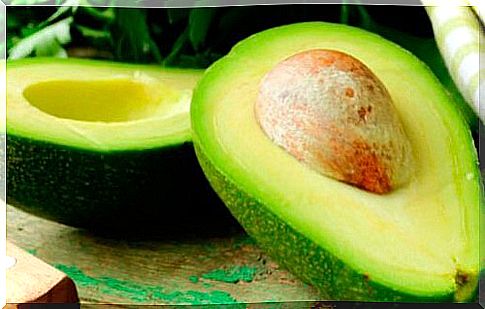
Red and white bumps on the cheeks, arms and thighs
They occur due to a lack of essential fatty acids and a deficiency of vitamins A and D. Compared to acne, the bumps are stronger and less dense, but very painful if you try to remove them.
The solution is to give up eating saturated and trans fats and eat more healthy fats. Add more salmon, flax seeds, chia seeds, nuts and almonds to your diet. For a higher intake of vitamin A, eat carrots, sweet potatoes and sweet bell peppers. These foods contain beta-carotene.
Tingling and numbness of the hands and feet
In this case, you may have vitamin B deficiency, namely B6, B9 (folic acid) and B12. These vitamins have a direct impact on peripheral nerves. Symptoms may include: depression, anxiety, fatigue, anemia and hormonal imbalances. The solution is to eat asparagus, spinach, beans, eggs, oysters, mussels, octopus and shells.
Stinging cramps and pain in the legs
These discomforts are due to a lack of potassium, calcium and magnesium. It can be just one of these minerals, two or all three. If you have started a very intense physical training program , you may lose water – soluble minerals and vitamins (complex B) through heavy sweating.
But don’t give up on your activities – just try to add the following foods to your daily diet: bananas, hazelnuts, almonds, pumpkin, cherries, apples, broccoli, grapefruit, turnips, dandelion and spinach.
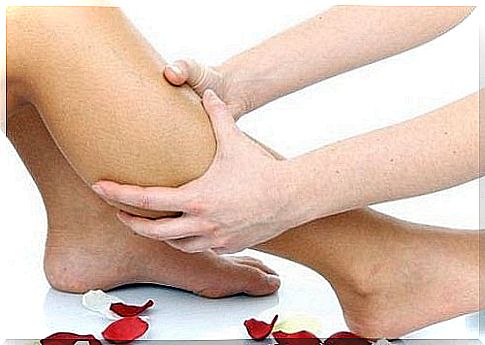
The consequences of the deficiency of each vitamin
In addition to the signs presented above, there are other problems caused by dietary imbalances.
Vitamin A
Lack of vitamin A causes fatigue, blurred vision at night, skin problems, dental disease, bleeding gums, predisposition to disease.
Vitamin B
- Symptoms of vitamin B1 deficiency are: insomnia, fatigue, muscle weakness, depression, irritability, weight loss, gastrointestinal and cardiovascular problems.
- N LEVEL low vitamin B2 povoacă symptoms such as red eyes, burning of the mouth and tongue, greasy hair, dermatitis and fatigue.
- Vitamin B3 deficiency causes headaches, lack of energy, bad breath, nervousness, ulcers, low appetite and gastrointestinal problems.
- Lack of vitamin B5 leads to discomfort such as: cramps, fatigue, burning sensation in the legs, irregular heartbeat, sleep problems and feeling sick.
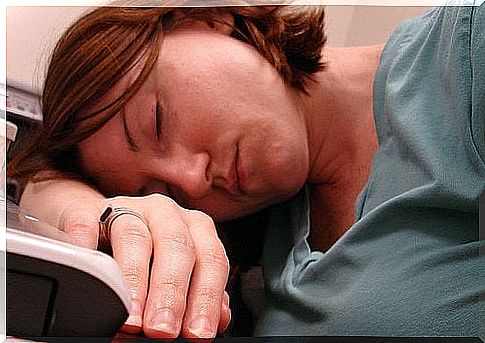
- Vitamin B6 deficiency causes insomnia, anemia, skin diseases, hair loss, cramps and water retention.
- Vitamin B12 deficiency causes fatigue, diarrhea, balance problems, depression, low appetite, inflammation of the nerves and stinging of the tongue and mouth.
C vitamin
Vitamin C deficiency can lead to slower healing of wounds or fractures. Other symptoms may include nose and gum bleeding, swollen or painful joints, digestive problems, anemia and severe bruising.
Vitamin D
Lack of vitamin D causes a slower healing of fractures, brittle bones, rickets, cavities, kidney stones, weak muscles and poor calcium absorption.
Vitamin E
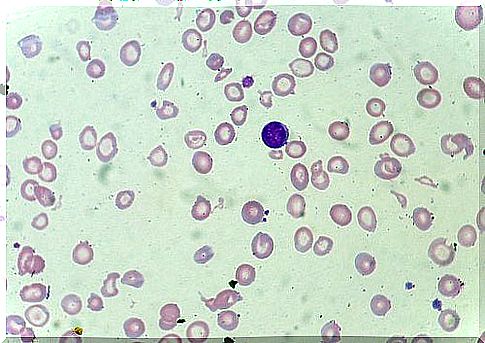
Vitamin E deficiency can lead to anemia, heart disease, fertility problems, nervousness, low reflexes and difficulty walking or maintaining balance.


